Jump To Section
Acne can be an overwhelming condition to deal with, and choosing the right treatment often feels like navigating a maze. With countless products available, it’s difficult to know where to begin. Understanding the differences between over-the-counter (OTC) and prescription acne treatments can help you make an informed decision about which products are best suited for your needs.
In this guide, we’ll explore the common ingredients and options available in both OTC and prescription acne treatments, highlighting when to seek professional advice and how to choose the right product based on your skin concerns.
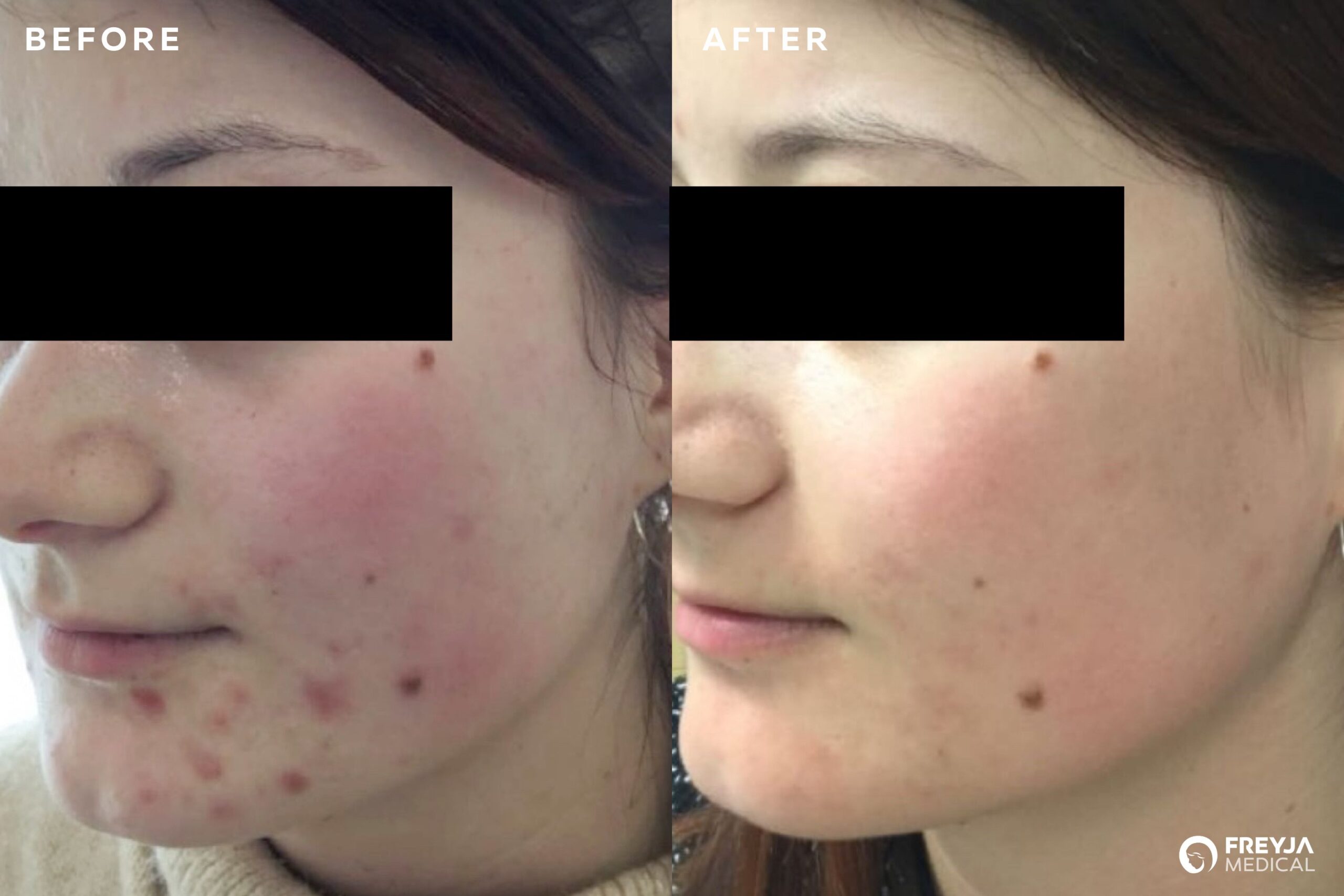
What Are Over-the-Counter Acne Products?
Over-the-counter acne products are widely available in pharmacies, supermarkets, and online stores without a prescription. These products are typically designed for mild to moderate acne and contain active ingredients that help control the most common acne triggers, such as excess oil production, clogged pores, and bacteria. They’re often the first line of defence for those dealing with occasional breakouts or early-stage acne.
For more information on the causes of acne and how it develops, click here for more information.

Common Ingredients in OTC Acne Products:
Benzoyl Peroxide
Benzoyl peroxide is one of the most commonly used ingredients in acne treatments. It works by killing acne-causing bacteria and helping to unclog pores. It can be found in a range of strengths, from 2.5% to 10%, making it versatile for different skin types. However, it may cause dryness, redness, or peeling, so it’s important to start with a lower concentration if you have sensitive skin.
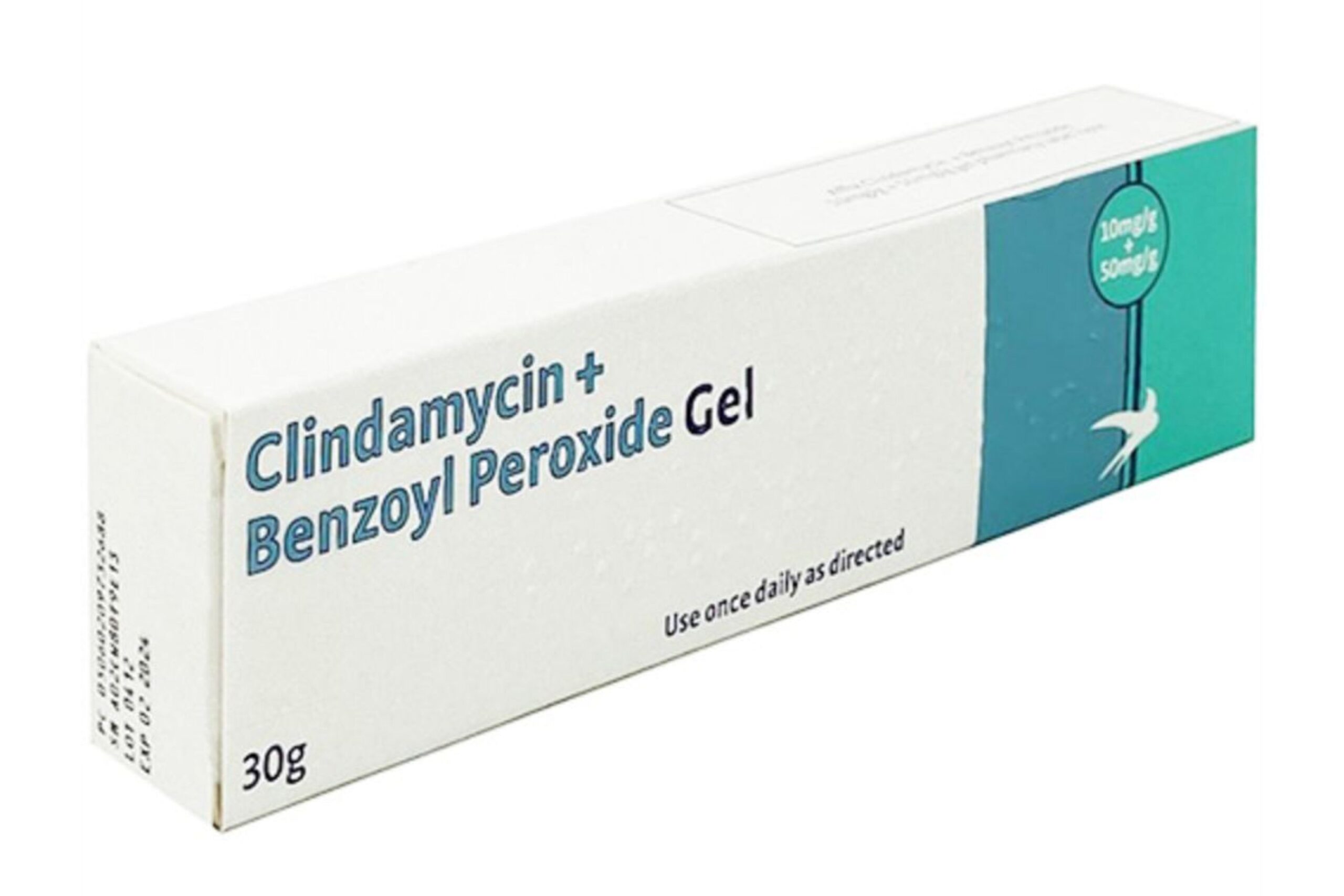
Salicylic Acid
A type of beta hydroxy acid (BHA), salicylic acid is effective for exfoliating the skin and helping to clear clogged pores. It is especially useful for treating blackheads and whiteheads and can also reduce inflammation. Salicylic acid is often found in cleansers, toners, and spot treatments.
Salicylic acid is one of the key ingredients in Effaclar Duo+M: Anti-Blemish Corrective Gel Moisturiser, a product highly recommended by dermatologists for acne-prone skin. For more information, click here to read our blog on La Roche-Posay Effaclar Duo: Best Acne Skin Product.
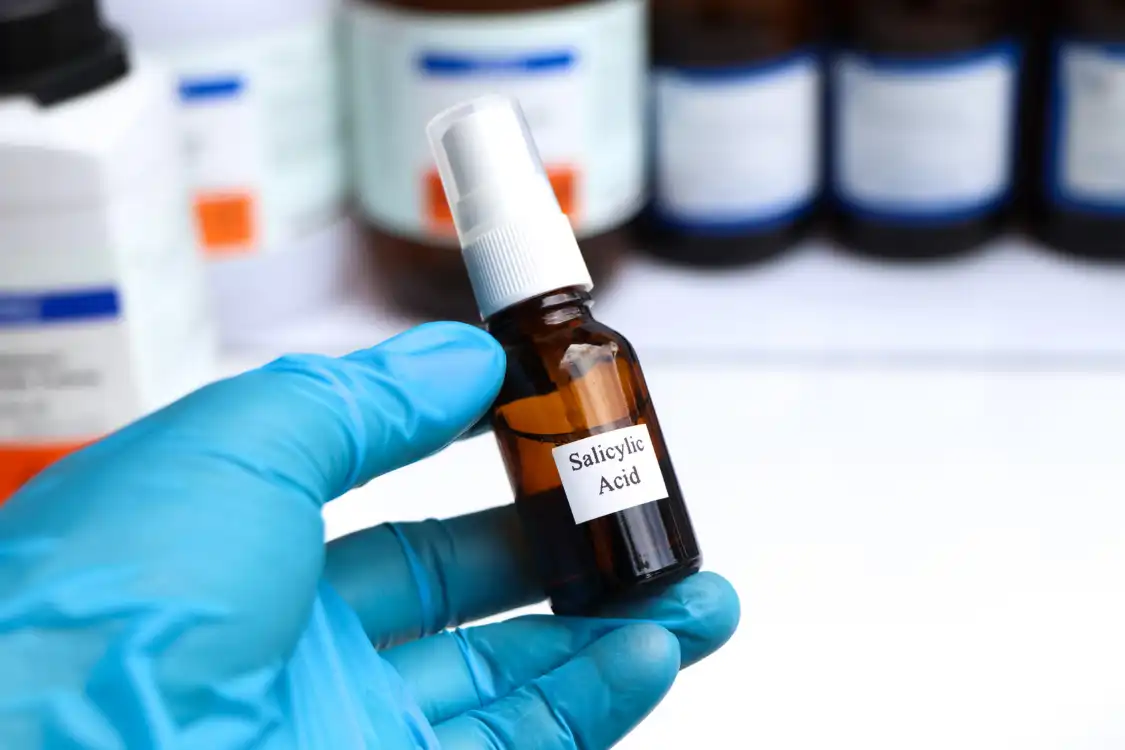
Alpha Hydroxy Acids (AHAs)
AHAs like glycolic acid and lactic acid help to exfoliate the skin’s surface, removing dead skin cells that can contribute to clogged pores and breakouts. AHAs also have anti-inflammatory properties and may help reduce the appearance of acne scars.
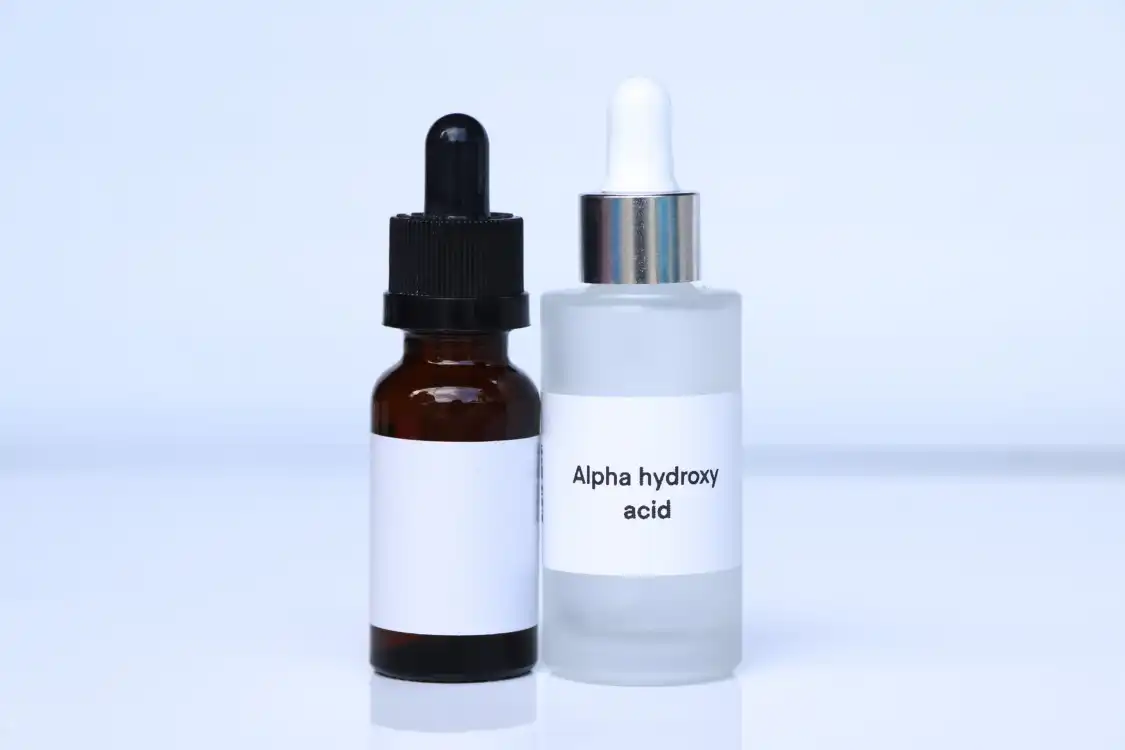
Sulfur
Sulfur works by absorbing excess oil, reducing inflammation, and promoting the shedding of dead skin cells. It’s often used in combination with other ingredients like salicylic acid or benzoyl peroxide in acne treatments, particularly for people with oily or combination skin.
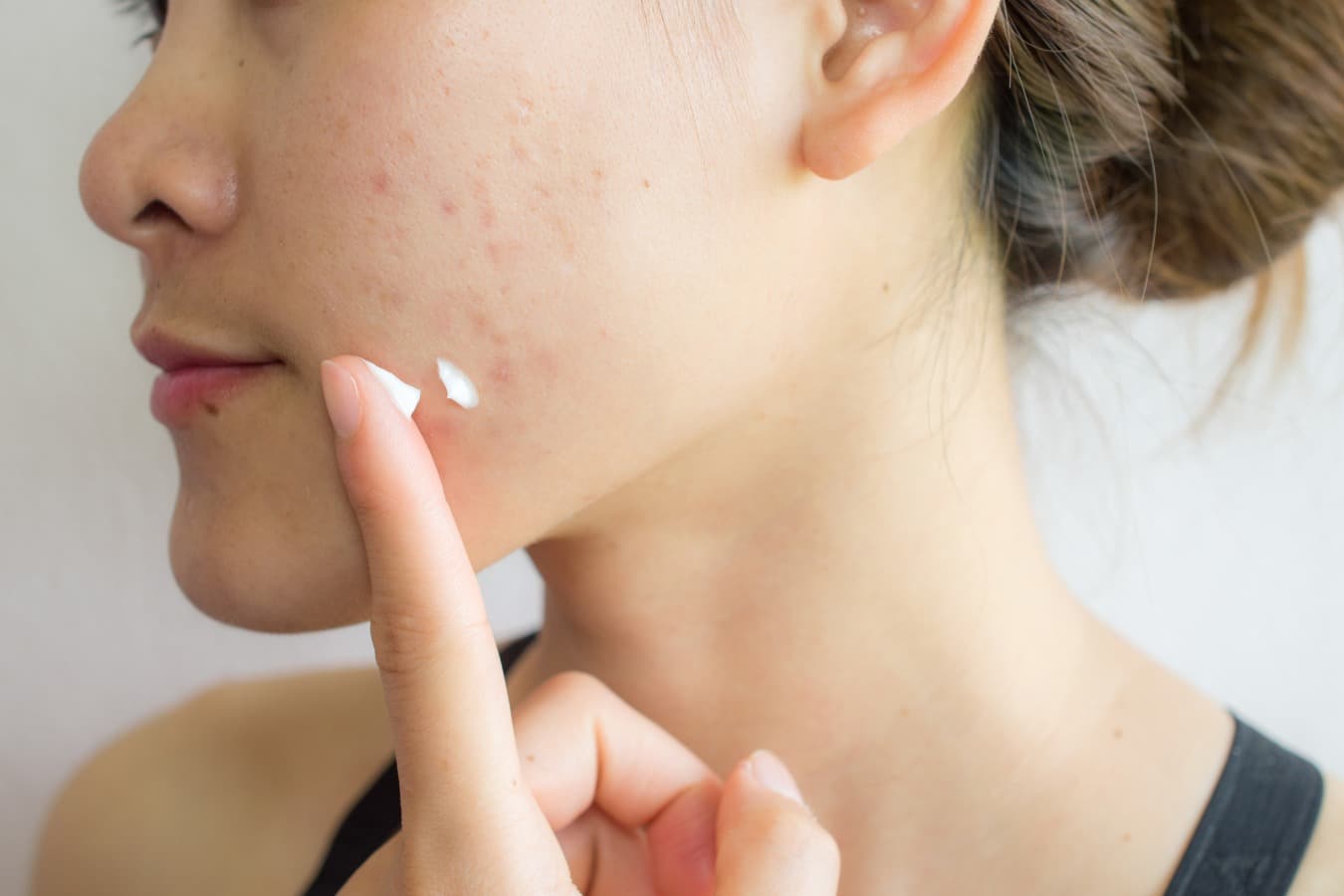
Common Prescription Acne Products
While OTC products can be effective for many individuals, more severe acne, including cystic acne, may require stronger, prescription-based treatments. These treatments tend to have more potent active ingredients that are designed to target more stubborn forms of acne. In some cases, dermatologists may prescribe a combination of products to tackle various aspects of acne. Some popular options are:
Topical Retinoids (e.g., Tretinoin)
Retinoids are derivatives of vitamin A and are among the most effective treatments for acne. They help to increase cell turnover, preventing clogged pores that can lead to acne. Tretinoin, a commonly prescribed retinoid, is ideal for treating comedonal acne (blackheads and whiteheads) and can also help to reduce inflammation. However, retinoids can cause dryness and increased sensitivity to the sun, so it’s important to apply sunscreen daily.
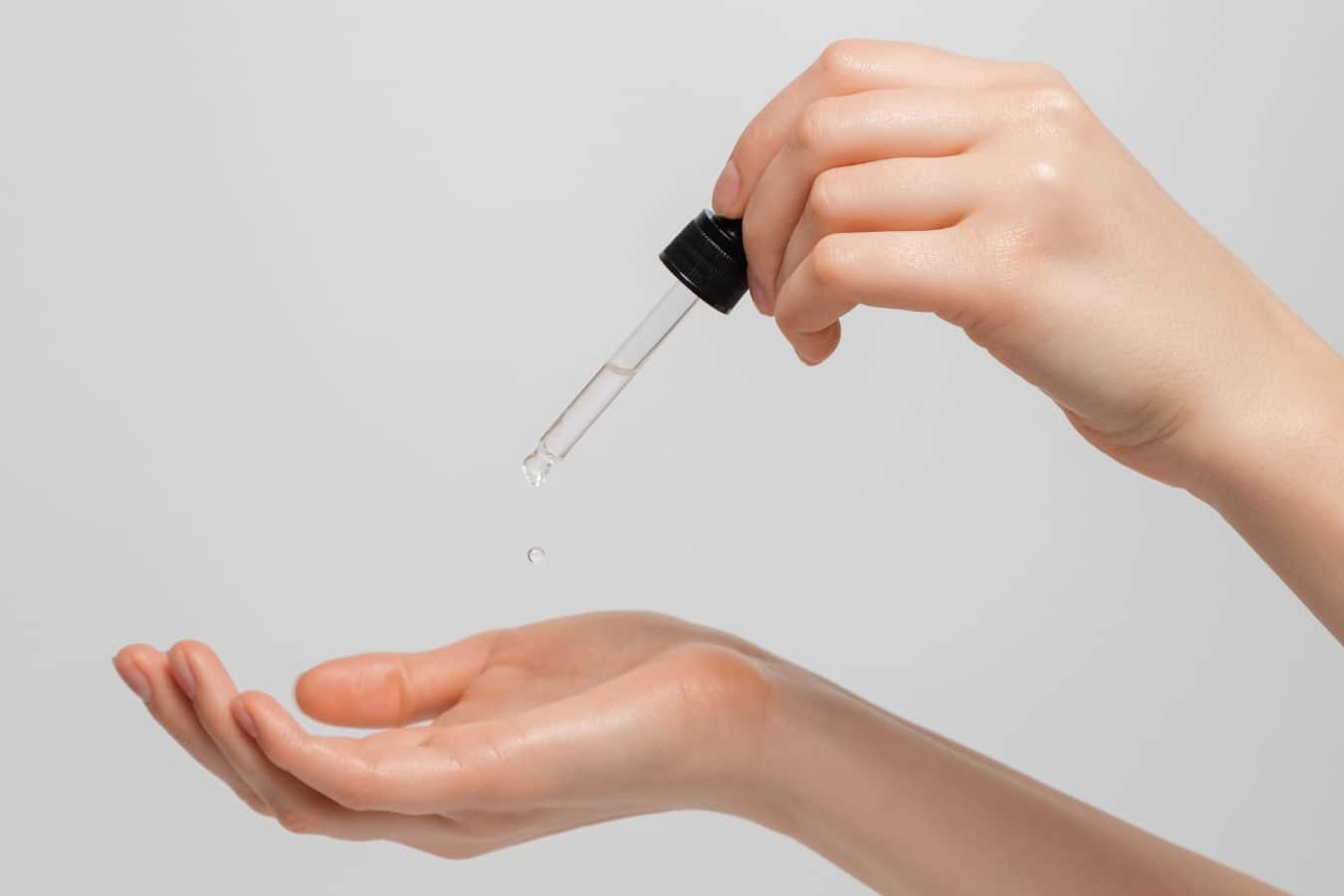
Oral Antibiotics (e.g., Doxycycline, Minocycline)
Oral antibiotics are often prescribed for moderate to severe acne when topical treatments are not enough. These medications work by reducing the number of acne-causing bacteria on the skin and decreasing inflammation. Doxycycline and minocycline are the most commonly prescribed antibiotics for acne. They are typically used for several months and may cause side effects like gastrointestinal upset or sun sensitivity.
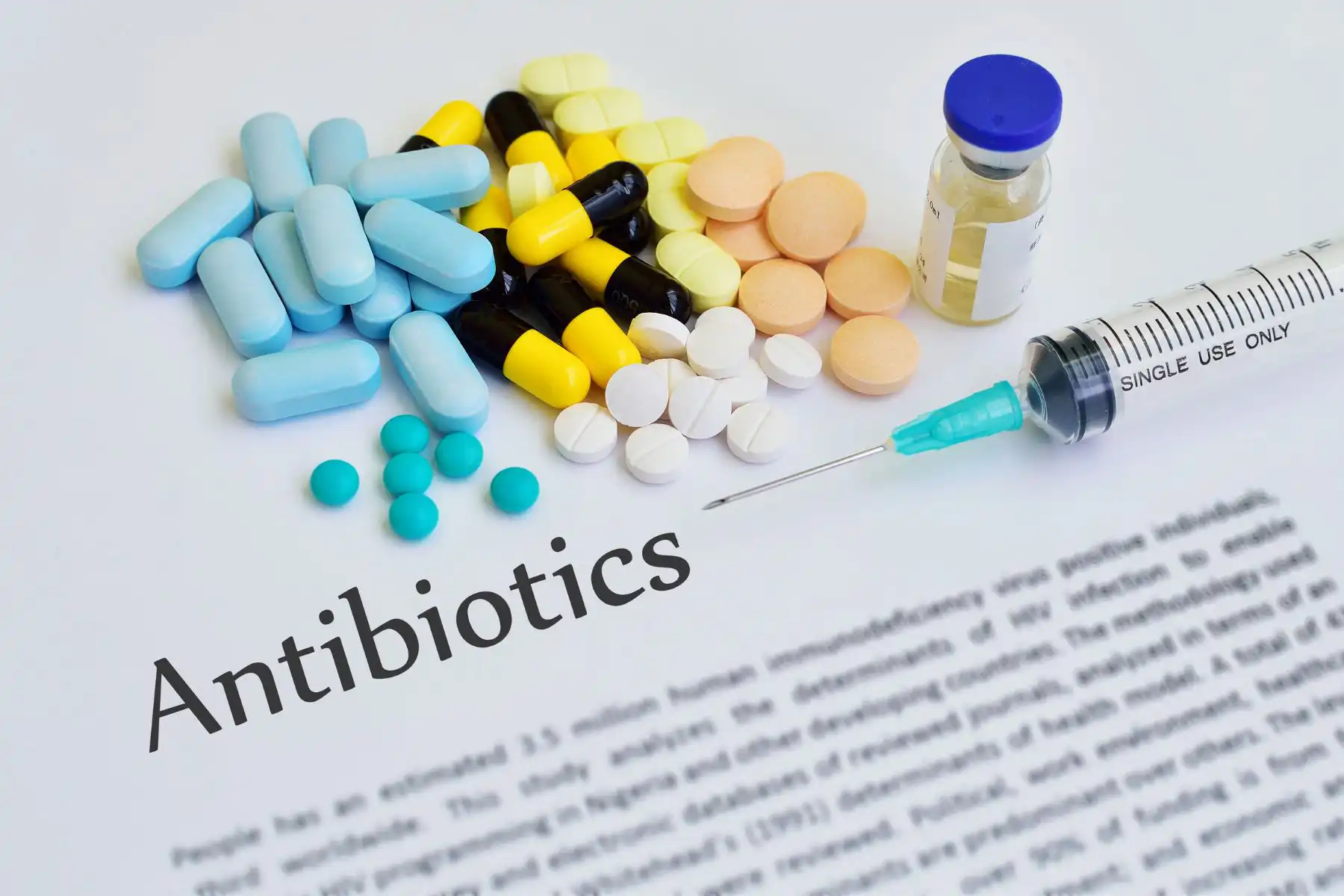
Oral Contraceptives (for women)
For women whose acne is hormonally driven, oral contraceptives can be a game-changer. Certain birth control pills regulate hormones that trigger the overproduction of sebum (skin oil), which can contribute to acne. Commonly prescribed brands include those containing a combination of estrogen and progestin. This treatment is particularly beneficial for those with adult acne or acne that worsens around their menstrual cycle.
Click here to learn more about hormonal acne.
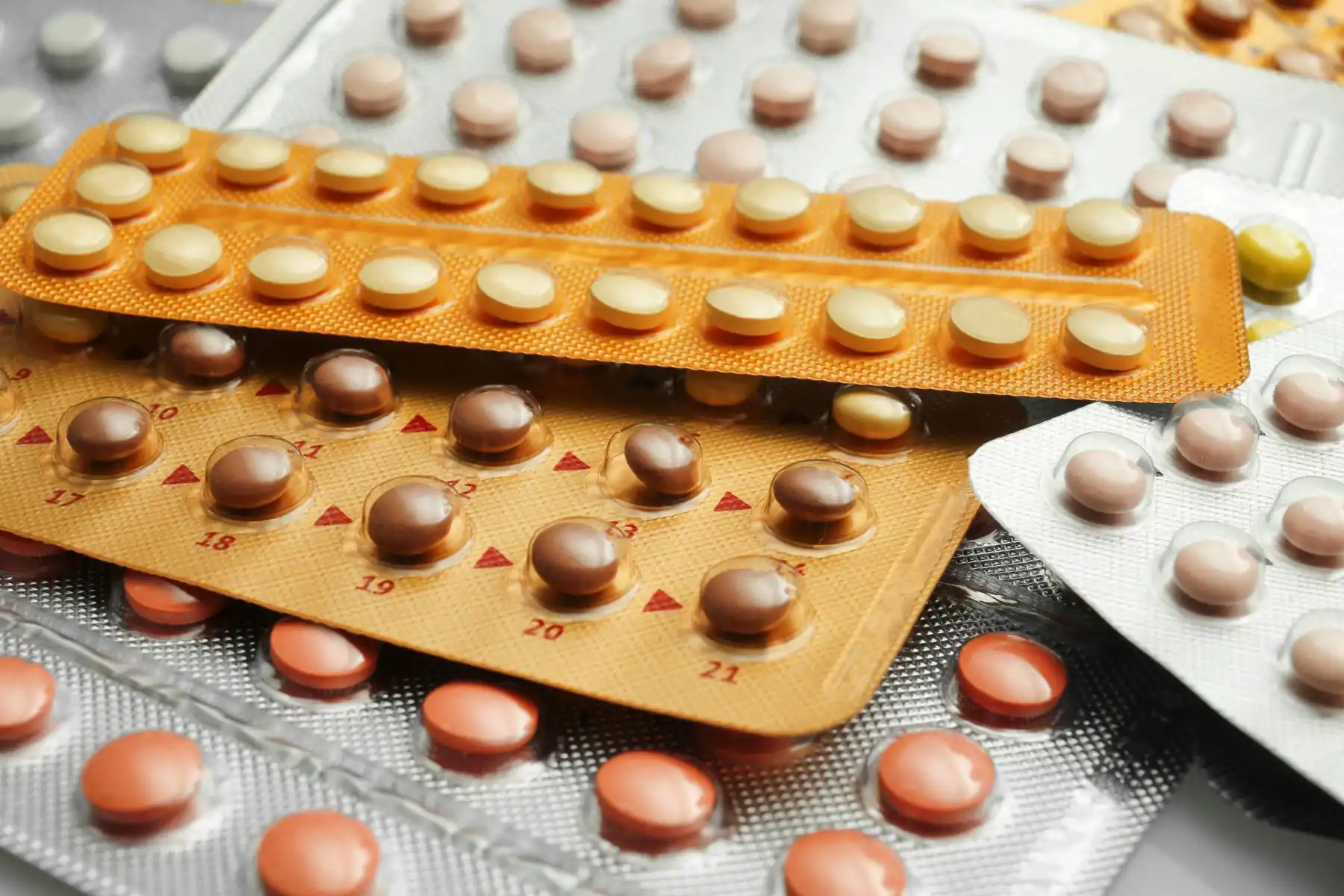
Spironolactone
Spironolactone is an anti-androgen medication that works by blocking the effects of male hormones (androgens) on the skin’s sebaceous glands, which helps reduce excess oil production. This medication is especially useful for women with hormonal acne, and it can be a helpful option when other treatments have failed.

Isotretinoin (Accutane)
Isotretinoin is one of the most powerful medications for treating severe, cystic acne that has not responded to other treatments. It works by reducing the size of sebaceous glands, limiting oil production, and preventing clogged pores. While isotretinoin is highly effective, it is typically reserved for cases where other treatments have failed due to the potential for significant side effects, such as dryness, liver enzyme changes, and potential birth defects. It requires close monitoring by a healthcare provider throughout the course of treatment.
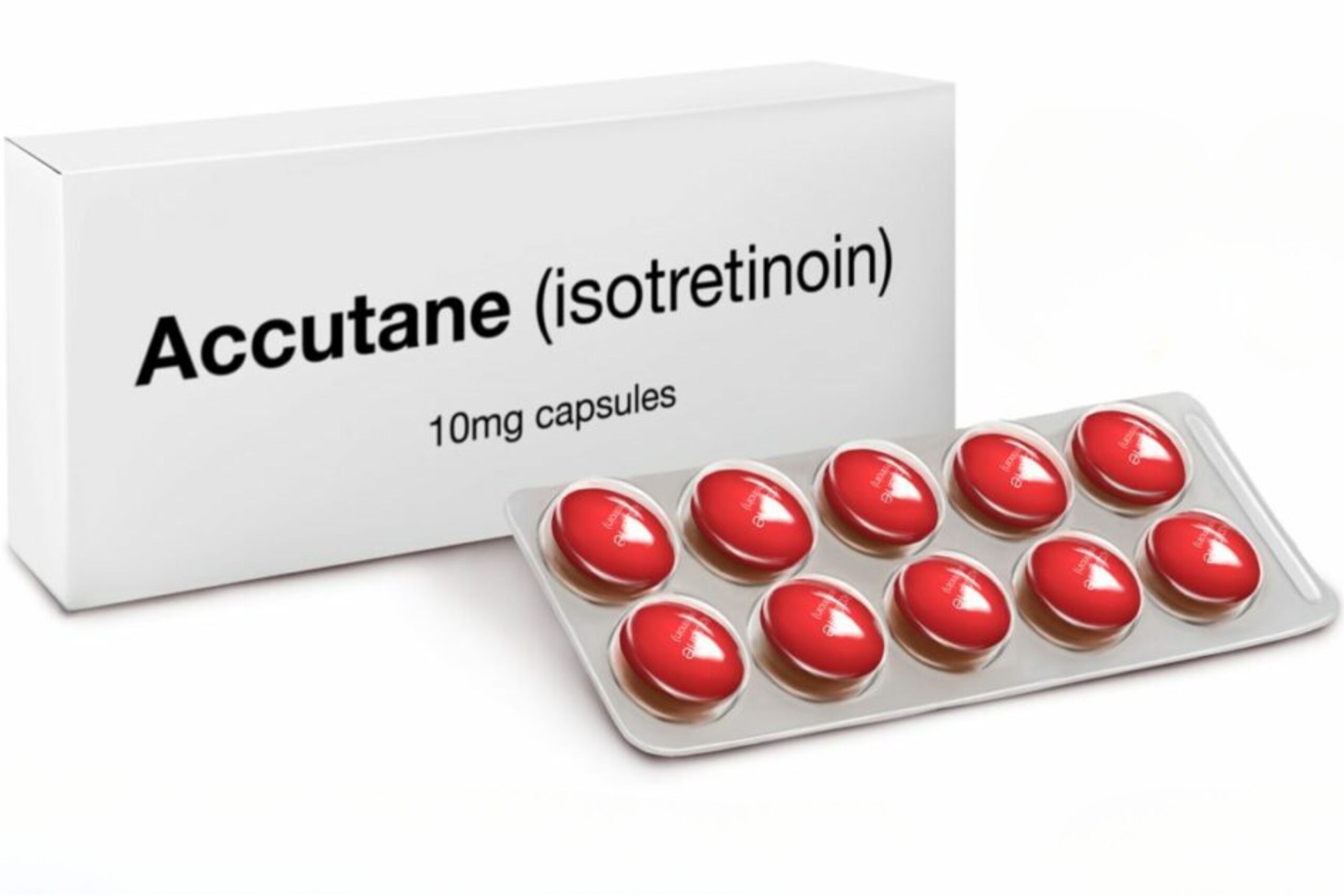
When to See a Dermatologist
While OTC products can be a great starting point for mild to moderate acne, a dermatologist can offer valuable insights and personalised treatment options if your acne persists or worsens. Dermatologists can help determine the underlying cause of your acne, such as hormonal imbalances or excessive oil production, and prescribe more potent treatments or combination therapies.
Moreover, dermatologists can guide you on the appropriate use of prescription medications and monitor any potential side effects, ensuring that your acne treatment is safe and effective.
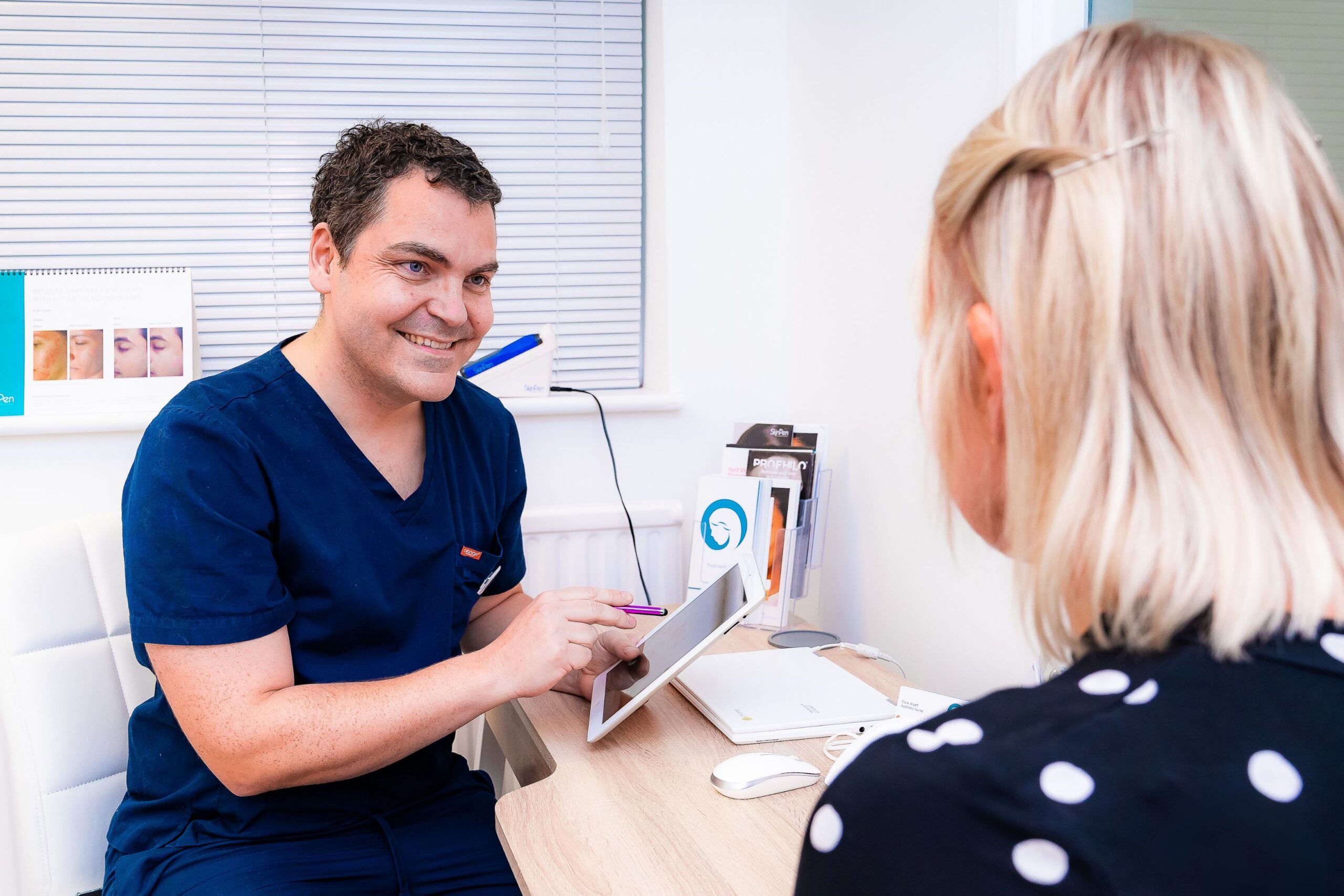
Teen Acne vs. Adult Acne
Acne is common in both teenagers and adults, but the underlying causes and treatment approaches may vary. Teen acne is often linked to hormonal changes during puberty, while adult acne is frequently influenced by factors like stress, lifestyle, and hormonal fluctuations.
For more information on teen acne, click here to read our blog on teenage pimples and acne.
To learn more about adult acne and its treatment options, click here for adult acne treatments.

Combining Treatments: Advanced Solutions for Acne Management
In some cases, the most effective acne regimen involves a combination of both OTC and prescription treatments, along with advanced aesthetic therapies. For example, you might use an OTC benzoyl peroxide wash in the morning, while applying a topical retinoid in the evening. But for more comprehensive results, incorporating treatments like HydraFacials, LED light therapy, and chemical peels can help accelerate the healing process and prevent future breakouts.
Managing Acne:
In addition to key ingredients like salicylic acid, benzoyl peroxide, and retinoids, advanced treatments such as HydraFacials, skin peels, and LED light therapy can significantly improve the appearance of acne-prone skin. These treatments not only target acne but also reduce inflammation and prevent future flare-ups. By treating deeper layers of the skin, they enhance the effectiveness of your daily skincare routine and help clear breakouts faster. Click here to read more about our acne treatment plans.
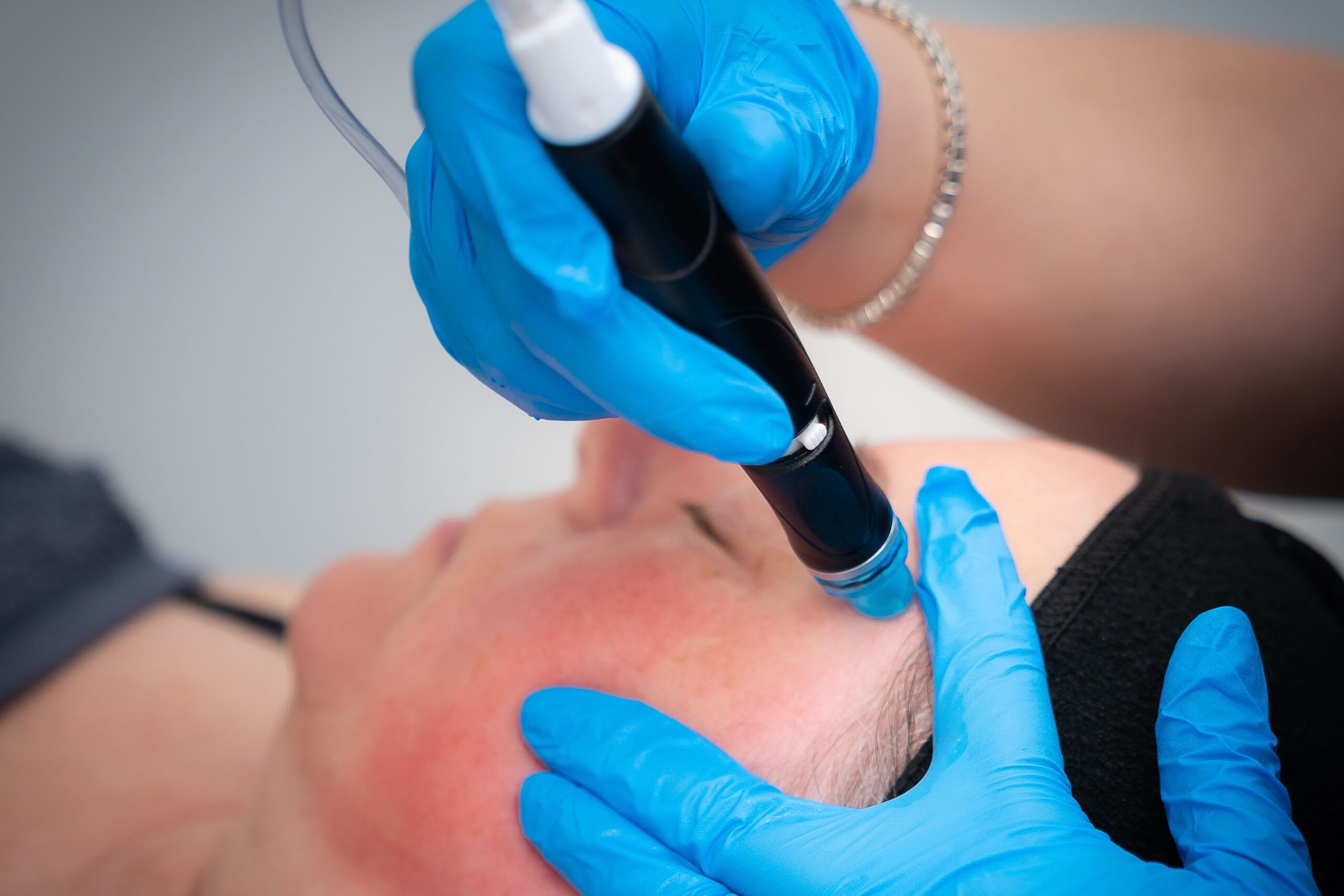
Managing Acne Scars:
Acne scars can be one of the most stubborn results of severe breakouts. To help improve the texture and appearance of acne scars, treatments like microneedling and skin peels stimulate collagen production and promote smoother skin. When combined with ingredients like retinoids and niacinamide, these treatments work to fade hyperpigmentation and reduce scarring. Click here to read more about our acne scar treatment package.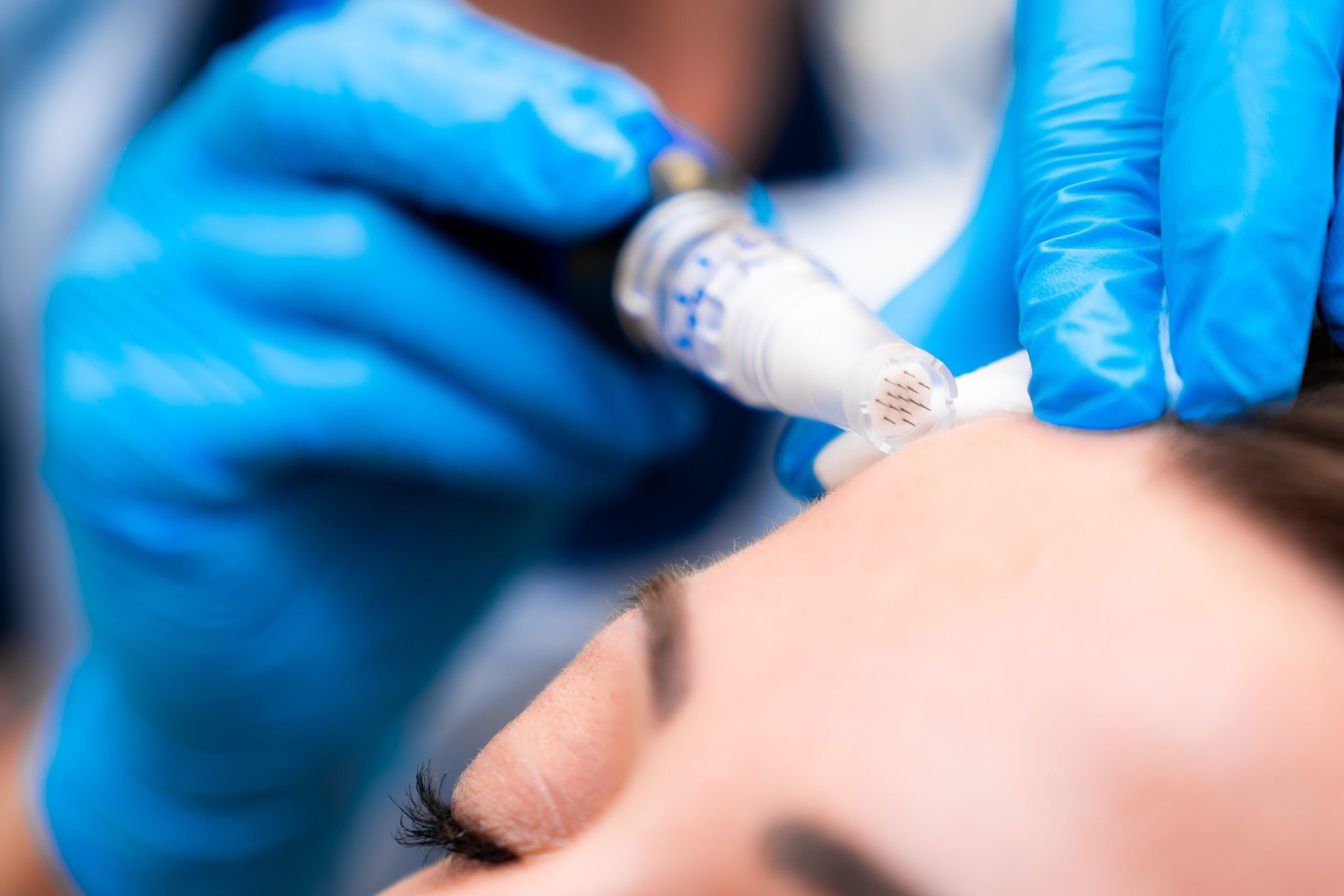
How to Book a Consultation
Choosing the right treatment for acne starts with understanding your skin’s unique needs. Whether you’re dealing with mild breakouts or more severe, persistent acne, seeking professional advice can help guide you towards the most effective solution.
- For mild acne: A skincare consultation can help you develop a personalised routine with over-the-counter treatments tailored to your skin’s specific needs.
- For severe or persistent acne: A dermatology consultation is recommended for a tailored treatment plan, including prescription products or advanced therapies.
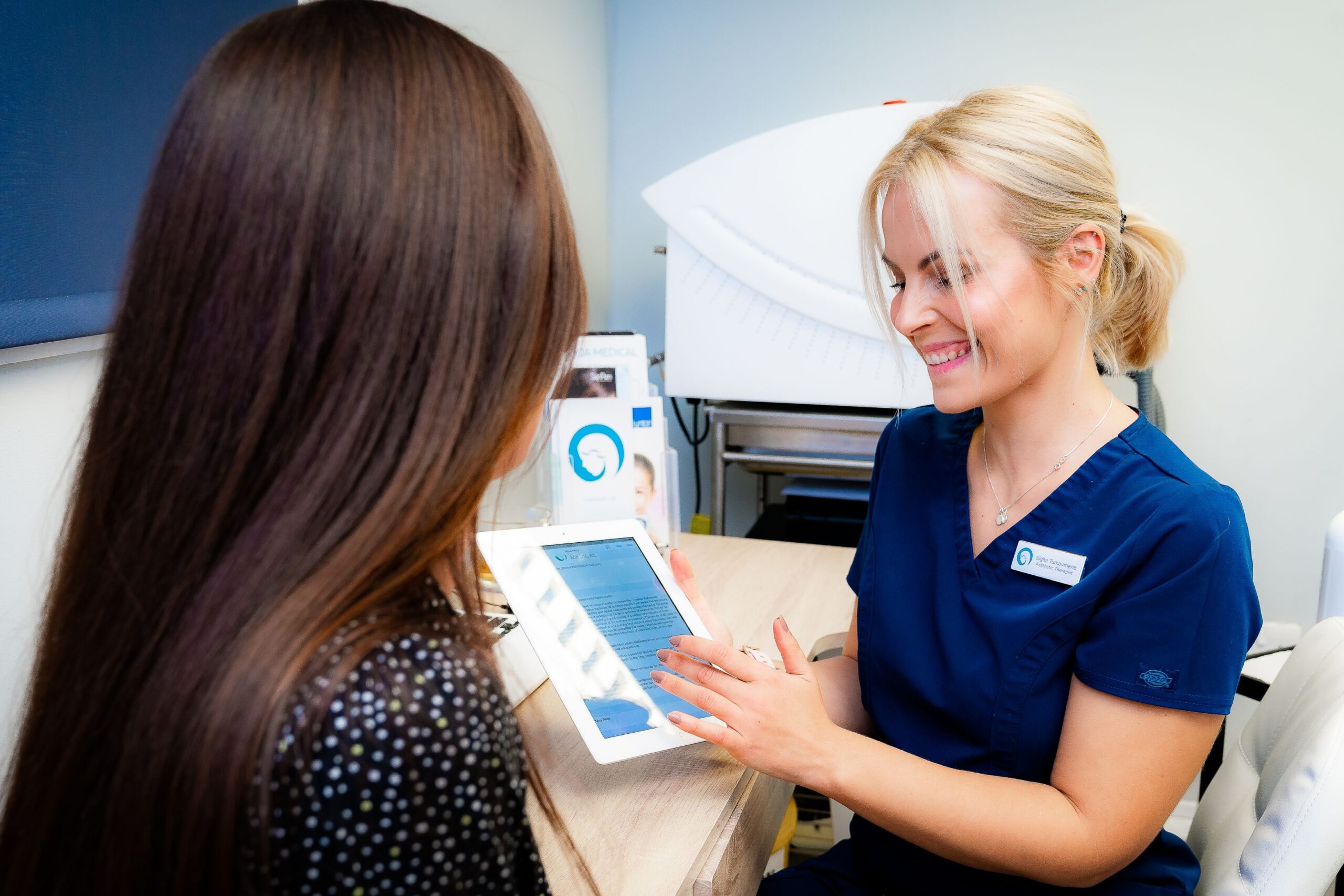
If you’re ready to take control of your skin and find the most effective treatment for your acne, you can book your consultation online by clicking here or by contacting us directly:
☎️ 01978 799688


